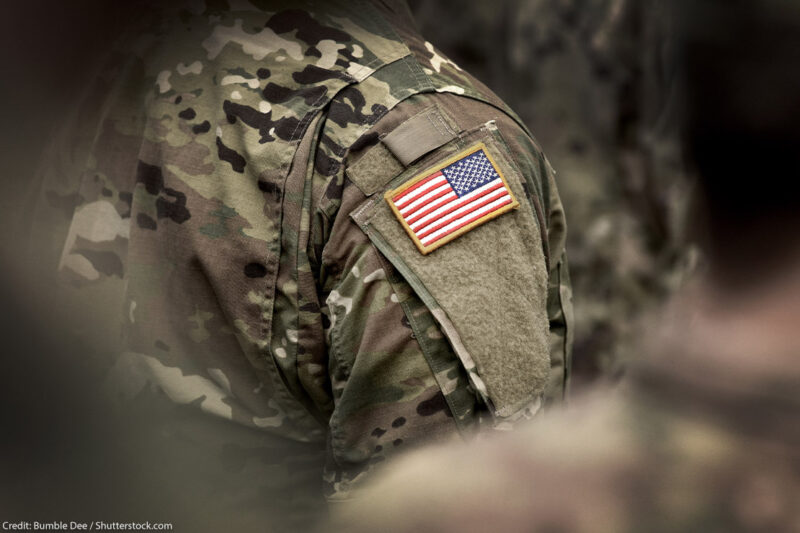Requiring Men but not Women to Register for the Draft is Sex Discrimination


The requirement that only men — but not women — register for the draft is one of the last examples of overt sex discrimination written into our federal law. Today, we joined two young men and the National Coalition For Men (NCFM) to urge the U.S. Supreme Court to put an end to it.
Under the 1948 Military Selective Service Act, men in this country are required to mark their 18th birthdays by registering for the Selective Service System, the list of people who could be called up for military service if the government authorized a draft. Although there hasn’t been a draft since 1973, young men are still required to register or they may face severe penalties.
As long as the government requires young people to register for the draft, requiring men but not women to do so is sex discrimination. That’s why we’re asking the Supreme Court to declare men-only registration unconstitutional.
The ACLU joined two young men and the NCFM, who initially brought a challenge to men-only registration in 2013, to help bring their case to the Supreme Court. Representing an organization called the “National Coalition For Men” may seem like an unlikely way to advance women’s rights, and to be clear, the ACLU firmly opposes some of NCFM’s positions and activities. In this case, however, we share the common goal of ending an antiquated federal law that harms both men and women. And if the Supreme Court agrees, it could be one of the most significant constitutional advances in sex discrimination law in 25 years.
Like many laws that appear to benefit women, men-only registration actually impedes women’s full participation in civic life. Limiting registration to men sends a message that women are unqualified to serve in the military, regardless of individual capabilities and preferences. It reflects an outmoded view that, in the event of a draft, women’s primary duty would be to the home front — and, on the flip side, that men are unqualified to be caregivers. The Military Selective Service Act not only perpetuates these stereotypes, it enshrines them in federal law.
Limiting draft registration to men also devalues the contributions of women who serve in the military. That’s why military women’s organizations like the Service Women’s Action Network support extending registration to women. National experts agree: A congressional commission formed to study the Selective Service System recommended that Congress update the Military Selective Service Act to allow women to be registered, too, and the Department of Defense has advised Congress that doing so would promote military preparedness — as well as fairness.
But, to be clear, this case isn’t about whether women should ultimately be required to register alongside men. If the Supreme Court declares men-only registration unconstitutional, it would be up to Congress to choose an appropriate path by extending registration to everyone regardless of gender or eliminating registration for anyone. What Congress may not do is design a registration system that discriminates on the basis of sex.
Men-only registration was first challenged more than 40 years ago, when several young people — represented by the ACLU — asked the Supreme Court to strike the Military Selective Service Act as unconstitutional sex discrimination. But the Supreme Court upheld the law in Rostker v. Goldberg. The Supreme Court reasoned that Congress could choose to require only men to register since the draft was aimed at replacing combat troops, and military women at that time were categorically ineligible to serve in combat roles. In other words, instead of examining whether the ban on women in combat was itself discriminatory, the court relied on one form of sex discrimination to justify another — and let both forms of discrimination stand.
In 2012, the ACLU filed a lawsuit challenging the ban on women in combat, one of two cases that led the Department of Defense to lift the ban. Now that women are eligible to serve in combat roles, the sole justification for men-only registration has evaporated into thin air. It’s time for the Supreme Court to revisit — and overturn — its previous decision and end this antiquated law.
Justice Thurgood Marshall, the first civil rights lawyer to sit on the Supreme Court bench, called men-only registration “one of the most potent remaining expressions of ancient canards about the proper role of women.” That was in 1981. It’s long past time for the Supreme Court to call men-only registration what it is: unlawful sex discrimination.

